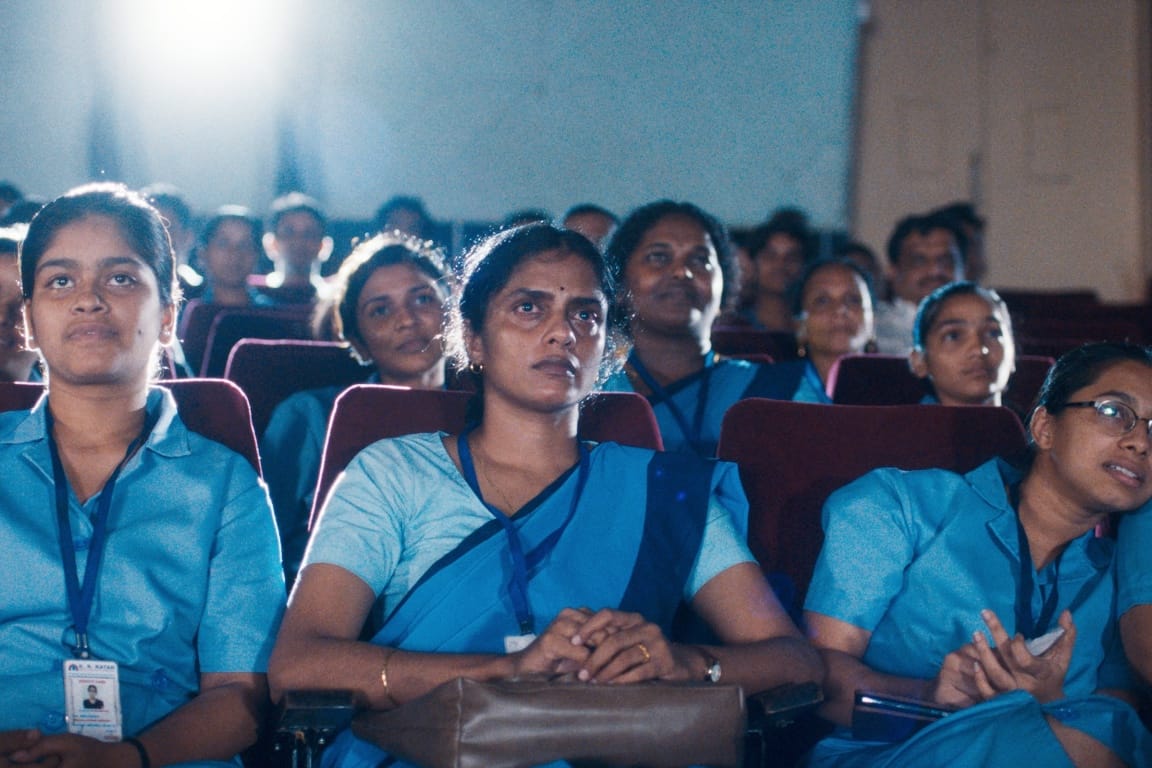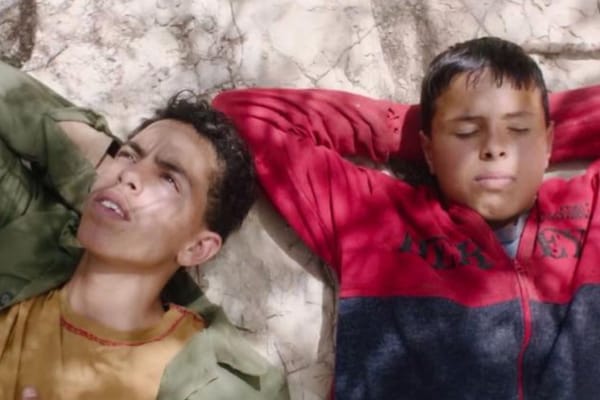Cannes 2024 Recap Part One: India’s Complicated Victories & Japan Comes Out Of Its Shell

This year’s Cannes film festival was relatively smooth and controversy free, despite all the speculation in the run-up to the event around France’s #MeToo movement, pro-Palestinian protests and striking film festival workers. Cate Blanchett may or may not have made a classy display of Palestinian solidarity with her dress on the red carpet, and the workers made their point without bringing the festival to a standstill (although their grievances have still not been resolved). Donald Trump threatened to sue the makers of The Apprentice, but then it would have been more newsworthy if he hadn’t.
The biggest drama was provided by Iranian filmmaker Mohammad Rasoulof’s last-minute flight out of Iran to attend the screening of his competition title The Seed Of The Sacred Fig. Critics were divided on the film, about an Iranian family navigating the authorities’ repression, which left the festival with a Special Award (see here for a list of all the Cannes award-winning films). Rasoulof is now a filmmaker in exile and will not be taking the award back to Iran.
It wasn’t the only film selected for Cannes to displease the government of its country of origin – Truong Minh Quý’s Viet And Nam had to renounce its Vietnamese nationality after being denied a permit to screen in Cannes because it depicted Vietnam in a negative light. India’s government may also not be thrilled about some of the Indian stories that were being feted at the festival, but as discussed below, now has an opportunity to show the world that it supports rather than suppresses its filmmakers, as some other countries do.
Indian Talent Is Rising – Despite A Lack Of Funding At Home
After a long drought, Indian talent had an incredible run at this year’s Cannes film festival, with Payal Kapadia’s All We Imagine As Light [PICTURED ABOVE] clinching the Grand Prix in the main competition; Anasuya Sengupta winning best actress in Un Certain Regard for The Shameless; and Chidananda S Naik winning first prize in La Cinef for short film Sunflowers Were The First Ones To Know. Also premiering at the festival were Sandhya Suri’s Santosh in Un Certain Regard, Karan Kandhari’s Sister Midnight in Directors Fortnight and Maisam Ali’s In Retreat in ACID. This was India’s first time in Cannes competition since Shaji N. Karun's Swaham in 1994 and the biggest noise made by Indian cinema at the festival since The Lunchbox wowed Critics Week in 2013.
What was even more gratifying is that it was Indian women who were making the noise; the sight of Kapadia and her three actresses – Chhaya Kadam, Divya Prabha and Kani Kusruti – on stage at the awards ceremony brought tears to many eyes. The Cannes successes also highlighted the legacy of the Film and Television Institute of India (FTII) in Pune. Kapadia and Maisam Ali are both FTII alumni, as is cinematographer Santosh Sivan who was honoured with the Pierre Angénieux Award at the festival. Chidananda S Naik is also a student at FTII.
It was a huge affirmation for Indian talent, but there were many ironies apparent in these wins. As some Indian filmmakers including Pan Nalin and Resul Pookutty were quick to point out on social media – neither the Indian mainstream film industry nor government played a role in supporting these films, which were mostly funded out of Europe.
All We Imagine As Light had funding from France’s CNC, Eurimages, NL Film Fund, Hubert Bals and Visions Sud Est, while Santosh was backed by...
To read the rest of this article, subscribe to the 'Streamlined' newsletter: STREAMLINED




